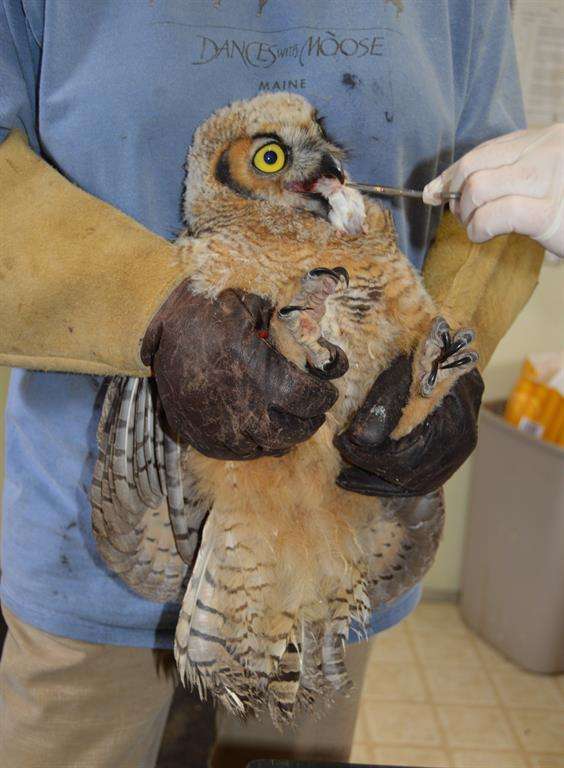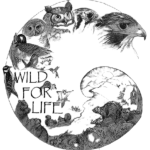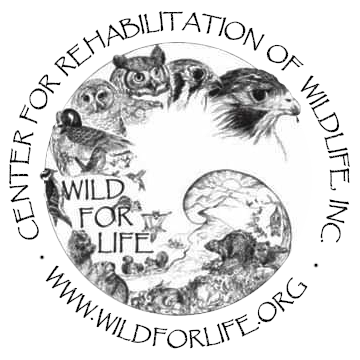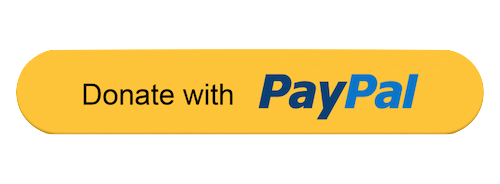Found an Injured Bird?
If the animal is in immediate danger, follow these basic instructions:
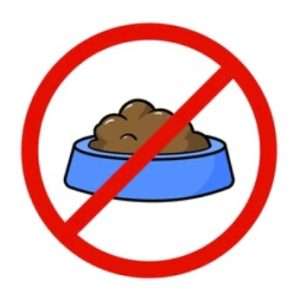
Do Not Feed
You dont need to offer them anything. If their mouth is injured or if they are consussed, they could choke.
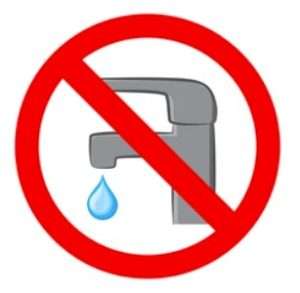
Do Not Give Water
Its very easy to accidentaly force water into an injured or unconscious animal's lungs.
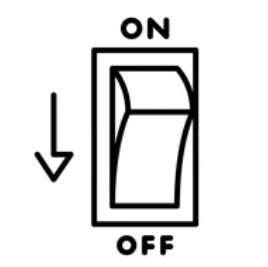
Keep them somewhere dark
A dark box or an animal carrier in a dark bathroom will help them relax.

Keep them somewhere quiet
Loud noises and human voices can be stressful.
Rehabilitating Wildlife
Wild for Life is a 501(c)3 non-profit organization specializing in the rehabilitation of native birds of prey. We are funded solely by public donations, receiving no federal or state funding and are run strictly by volunteers. While our primary mission is to facilitate the protection, conservation, and preservation of local ecosystems through rehabilitation, we also recognize the innate importance that public education has for the growth and longevity of this mission.
Wild for Life continues to develop knowledge and techniques necessary for the optimal care of each individual species. We are licensed by the North Carolina Wildlife Resources Commission and federally licensed by the U.S. Fish and Wildlife Service to rehabilitate birds of prey, our specialty, and to possess birds – our Ambassadors – and any collected nests, eggs, feathers, etc for educational purposes.
Wild for Life is the only established wildlife rehabilitation facility specializing in birds of prey within a 50 mile radius of Asheville.
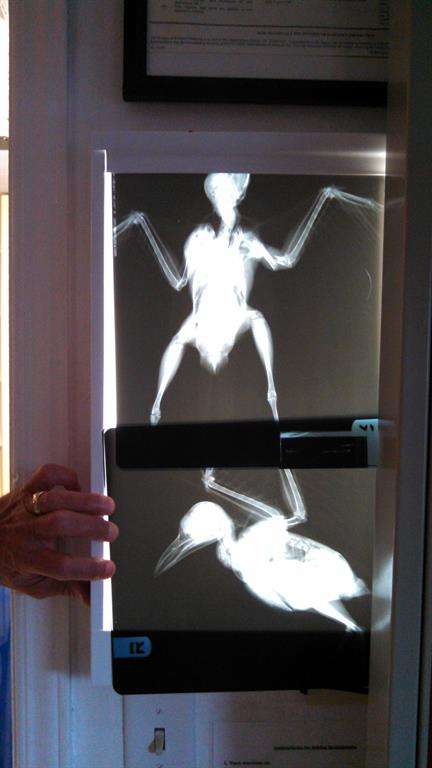
Exceptional and Compassionate Care
Wild for Life provides exceptional and compassionate care for birds of prey in need of help with the goal to release these animals back to their native wild habitat.
Together We Can Make a Difference.
Wild for Life exists because of the need: the need of the animals, the need of the environment, and the need of the human community. Every individual wild animal deserves the right to complete its place in the circle of life.
